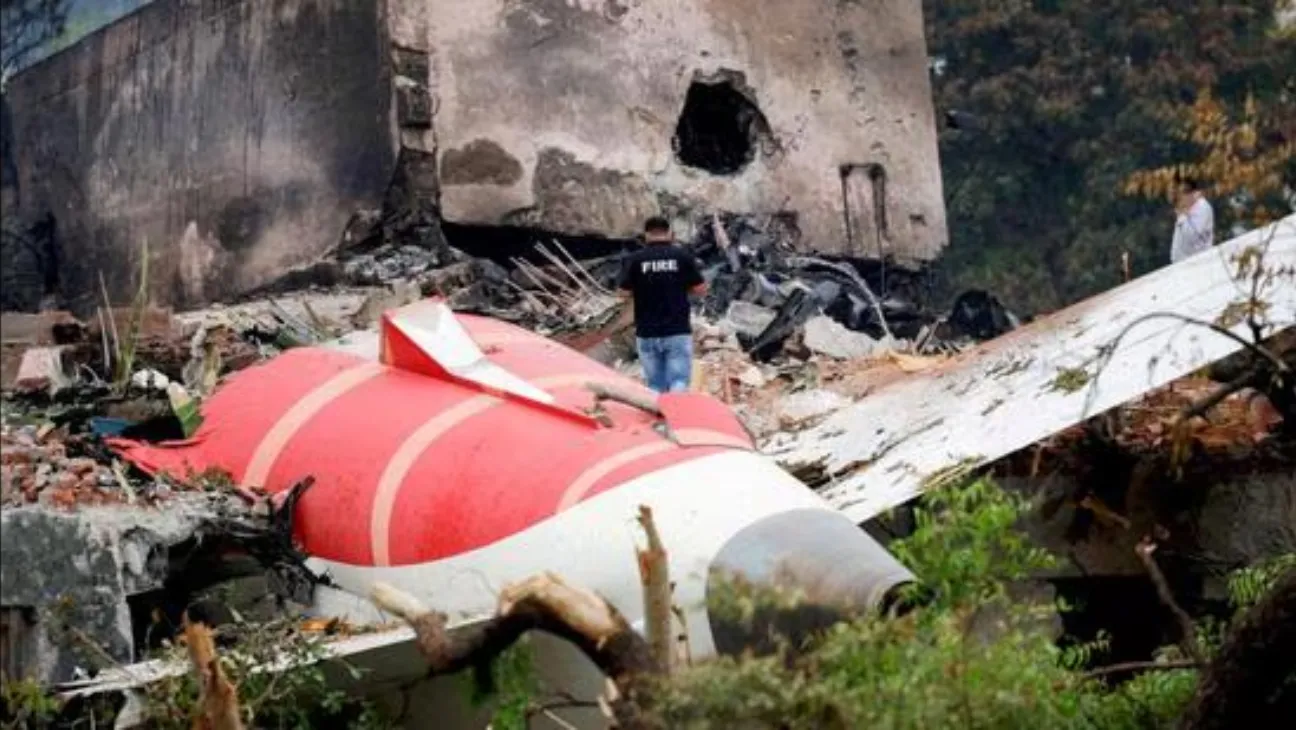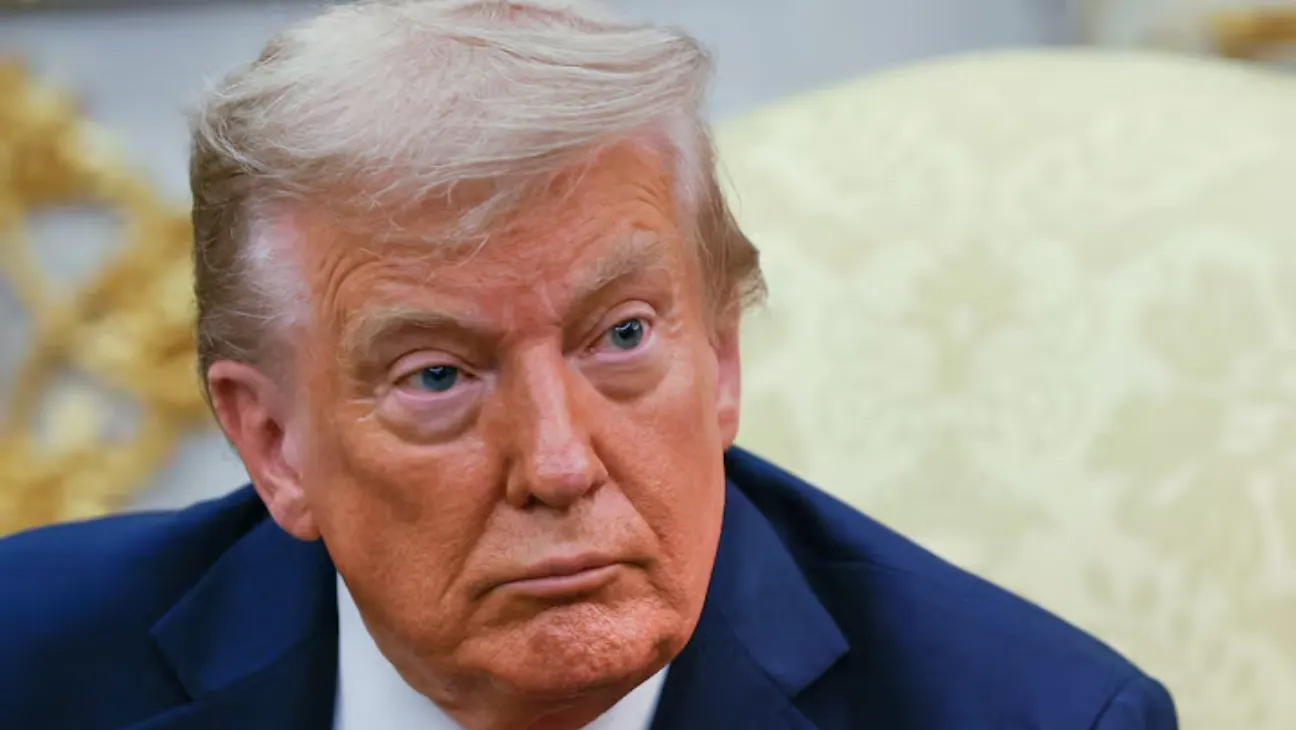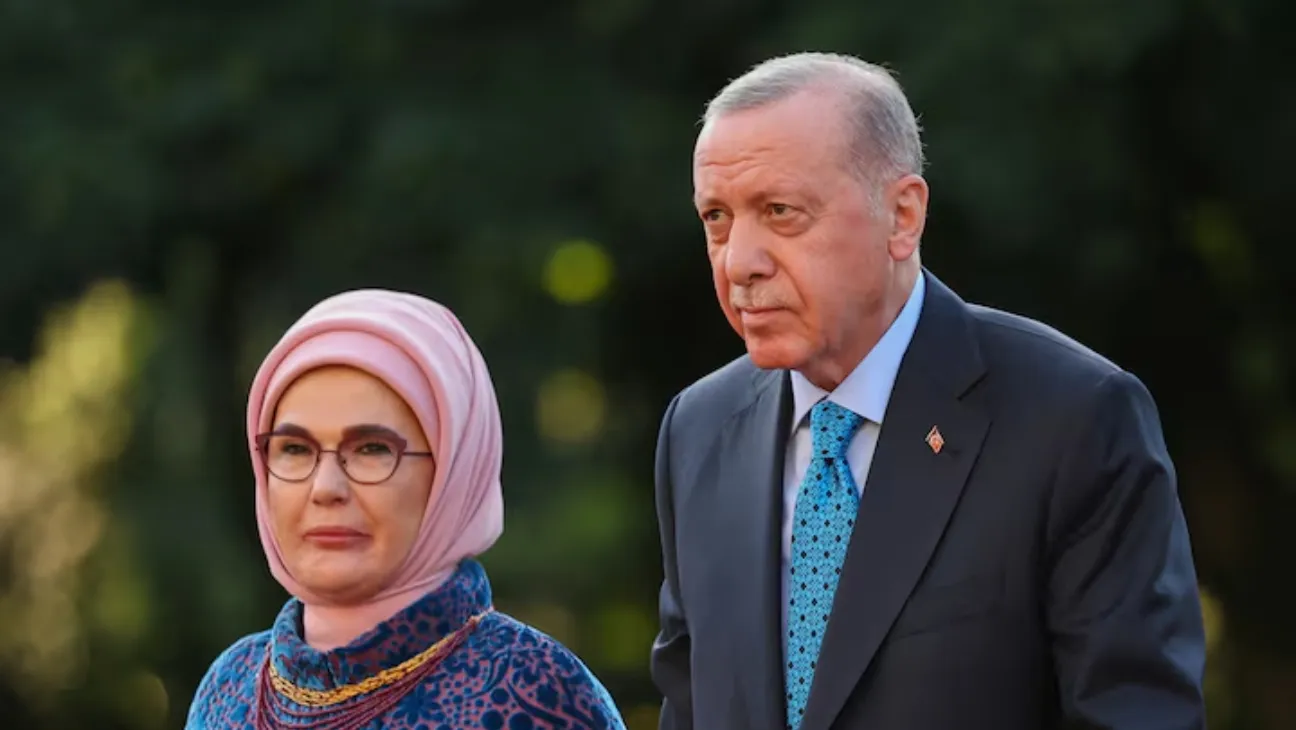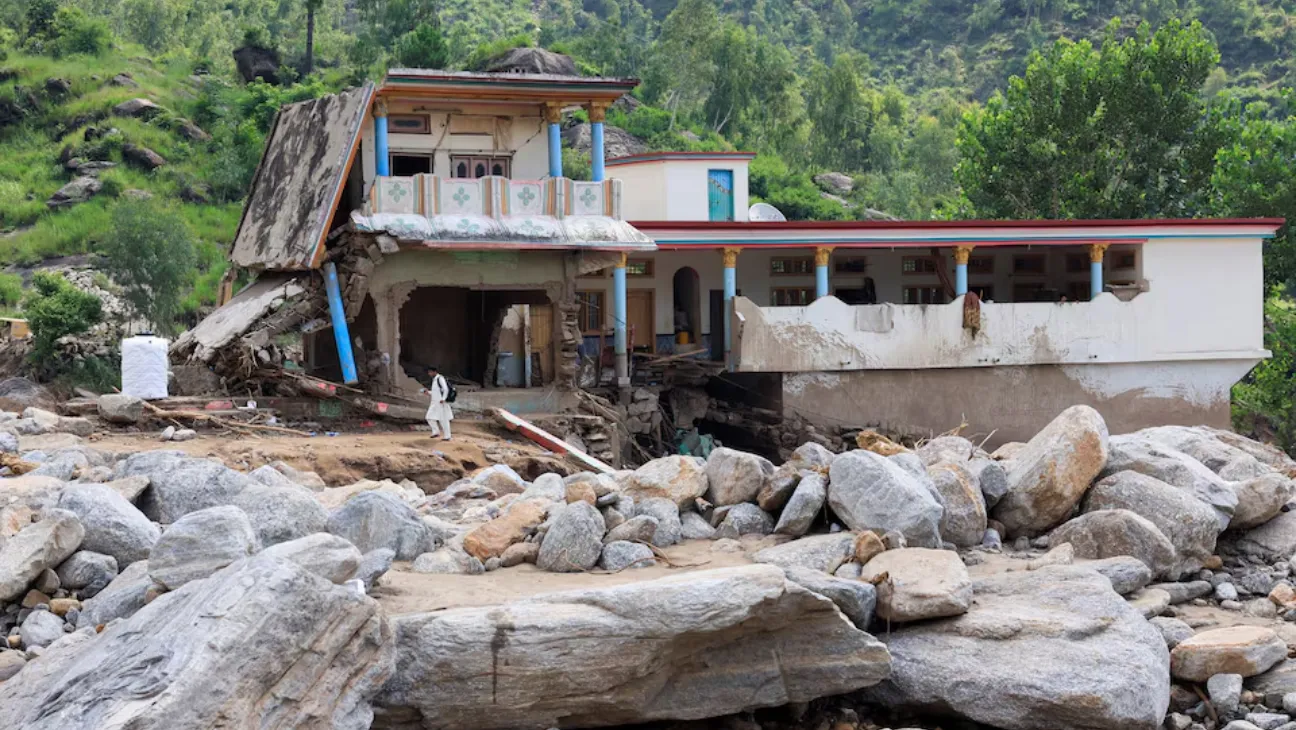Families of 65 victims from the fatal crash of Air India Flight AI-171 have retained a U.S.-based aviation law firm to pursue legal action against Boeing and Air India, amid growing questions over the cause of the June 12 disaster.
A devastating crash shortly after takeoff from Ahmedabad claimed the lives of 241 people on board and another 19 on the ground, leaving just a single survivor.
The London-bound Dreamliner’s tragedy is now set to become a major legal battle. Beasley Allen, a powerhouse firm famous for taking on Boeing after the 737 MAX disasters, is now gearing up for a fight with both Boeing and Air India.
“We are determined to follow the data to uncover how and why this tragedy occurred,” said lead aviation attorney D. Michael Andrews. “The families deserve answers and are pleading for transparency.”
So, this law firm is looking at suing Boeing here in the States and possibly Air India over in the UK, but they haven’t officially filed anything yet.
And this is kind of their specialty. You might remember them as the firm that handled a lot of the cases for the families from those two horrific Boeing 737 MAX crashes a few years back. Between the two, 346 people died. In the end, Boeing had to fork over $2.5 billion and finally admit that their flight control software was the reason the planes went down.
At least we had that clarity for Flight AI-171. No such luck yet in the case of QF-455.
India’s Aircraft Accident Investigation Board (AAIB);s interim report found elements of pilot error may have been involved. However, Andrews disagrees, saying that the flight data recorder tracks electrical current changes rather than switch movements — implying that a system failure, rather than a switch flip, was what cut off fuel to the engines.
He called on Indian authorities to make all data available, including cockpit voice recordings, saying “a partial data dump” would only lead to the redirection of investigators and the public.
Some families echo his concerns.
“I suspect a technical or design fault is being concealed, with blame shifted to the pilots,” said Trupti Soni, who lost her brother and two sisters-in-law.
The interim report also mentioned cockpit audio where one pilot asked why the fuel was cut. The other denied responsibility. Neither was identified.
Andrews cited two recent Boeing 787 incidents — a United Airlines flight that returned due to engine failure, and a LATAM aircraft that deployed a Ram Air Turbine midflight — as signs of possible systemic issues.
The ongoing investigation involves the Indian AAIB, the U.S. National Transportation Safety Board, the U.K.’s Air Accidents Investigation Branch, and Boeing representatives.
Families are also beginning to plan their own legal timelines. Imtiaz Ali, who lost his brother, sister-in-law, and two children, said he expects to initiate formal legal proceedings within two months. He’s hoping for outcomes within two years.
Under Beasley Allen’s agreement, families don’t pay unless the firm secures a recovery. If they drop the firm later, Beasley Allen keeps a lien based on either time spent or the latest settlement offer — whichever is greater. The firm can also withdraw if it deems the case no longer viable.
In the meantime, Air India’s parent company, the Tata Group, has offered compensation: ₹1 crore to each deceased passenger’s family, and ₹25 lakh to families of those killed on the ground. It also created a ₹500 crore AI-171 Memorial and Welfare Trust to support long-term needs of victims’ families, including scholarships for children and medical coverage.
Boeing and Air India have not responded to media queries.









